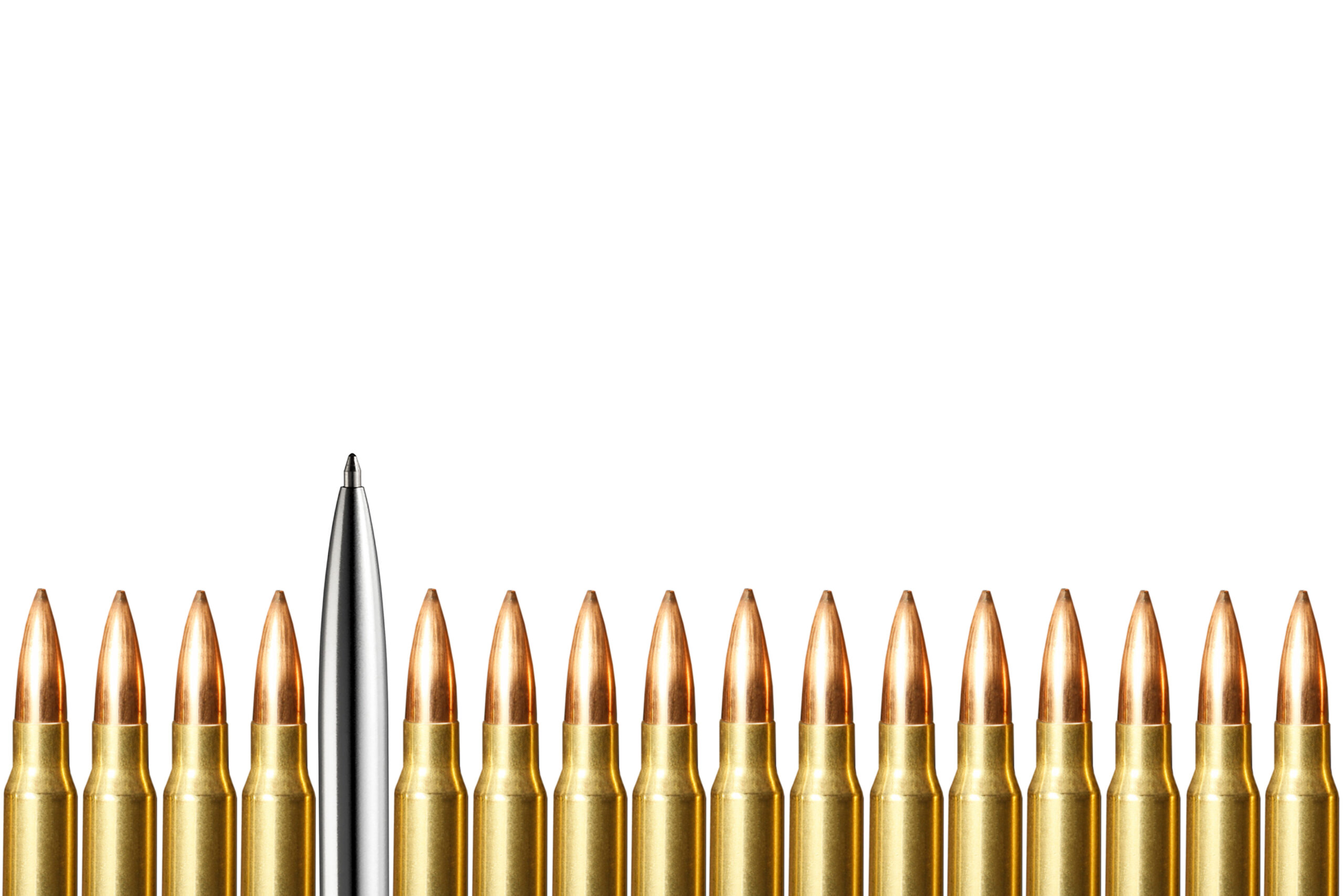Media bias and armed conflict. A handbook of critical thinking while reporting war
This course will look at conflict-sensitive and value-based reporting. It will cover issues related to disinformation in the media and investigative journalism in an age of open data. It will also discuss media funding and sustainability for institutions funded by grants and those financed by direct reader or advertising income. It is addressed to a wide variety of professionals whose work touches upon journalism- and information-related topics.
Location: Online formula (a self-study component followed by online live sessions)
Language: English
Number of hours for the ETGN Certificate: 18 hours
Training delivered by: Dominik Cagara
- Self-study component: 3 – 30 November 2025
- Online live sessions: 3 – 5 December 2025
The course will include the following main topics:
- the need for conflict-sensitive and value-based journalism in a digital age,
- disinformation in the media,
- case studies from Nagorno-Karabakh and Ukraine.
The media have always been a battleground for the hearts and minds of citizens in a democracy. In the past, propaganda was relatively easy to distribute and independent information was easy to control. With technological advancement and the rise of the internet, states have found themselves looking for more creative ways to exert influence on their citizens — and often journalists themselves.
As the idea of liberal democracy and ‘Western values’ becomes increasingly questioned, many in the EU and the neighbouring countries find themselves increasingly suspicious towards the role of media in not only reporting, but also creating reality. ‘Objectivity’ has become outworn, media’s business affiliations and financial interests have become common knowledge, and the commodification of information has led to a situation where media consumers can easily find a media product crafted to fit their worldview. Despite its unprecedented influence, media have never been trusted as little as nowadays, on a global scale.
Media professionals have found themselves at the frontline of an invisible information war for the minds of nations. Despite all the challenges digitalisation has brought, it has also given journalists new and powerful tools to access and present information to their audiences. Increasing social and political tensions in the EU and armed conflicts in its neighbouring countries have highlighted the role of media in shaping reality and the dangers that come with the states trying to weaponise media to their own, often sinister ends.
The course will address key questions different media professionals encounter when their own cultural values associated with the role and purpose of media face alternative interpretations of information sharing, truth, and power. Moreover, it will deal with the issues related to the evolution of the role of media and sources of information in terms of information security and strategic policies. It will discuss contemporary information threats and recipients’ vulnerabilities to it.
Against this context, the course will examine the role of media in reporting armed conflicts with the case studies of Nagorno-Karabakh and Ukraine. Course participants will have an opportunity to gain an insight into the challenges that media professionals face when reporting armed conflicts against the pressure from their governments and societies, as well as to familiarise themselves with contemporary propaganda techniques and fact-checking tools.
Course learning outcomes:
- knowledge of the general concepts related to systems of power and their relevance to media work, such as knowledge, authority, hegemony, objectivity;
- knowledge of mainstream contemporary approaches to conflict analysis with a focus on Johan Galtung’s positive and negative peace framework and its relevance to conflict reporting;
- ability to discern different forms of bias and argument one’s position on how to report on a given issue in an objective and fair manner;
- ability to correctly apply the conflict analysis knowledge to a given conflict in order to produce a balanced and conflict-sensitive media report;
- ability to critically assess the quality of war reporting for conflict-sensitivity, objectivity, balance, and impartiality;
- media literacy as a competence as to fact-check media reports for propaganda, disinformation, manipulation, and bias.
